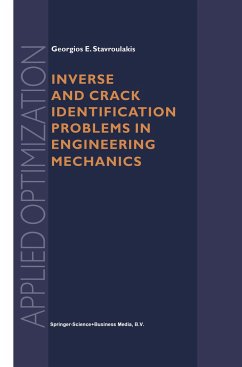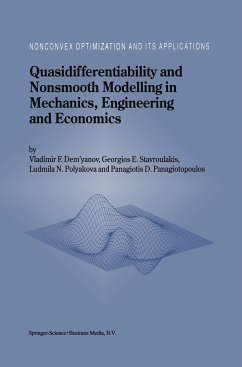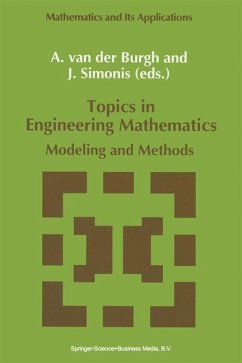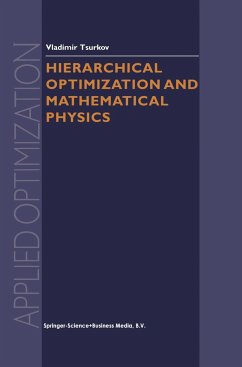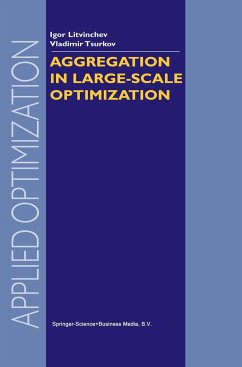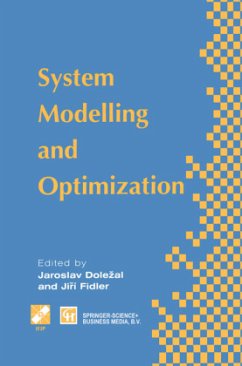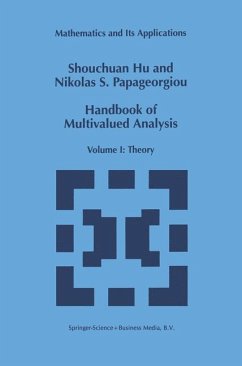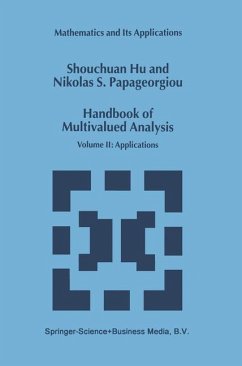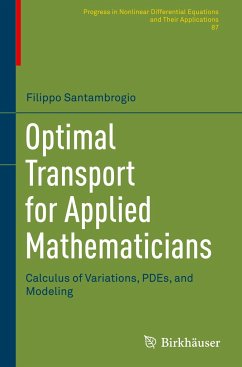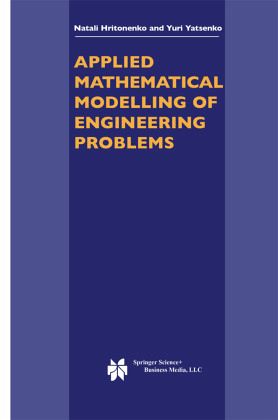
Applied Mathematical Modelling of Engineering Problems

PAYBACK Punkte
57 °P sammeln!
The subject of the book is the "know-how" of applied mathematical modelling: how to construct specific models and adjust them to a new engineering environment or more precise realistic assumptions; how to analyze models for the purpose of investigating real life phenomena; and how the models can extend our knowledge about a specific engineering process.Two major sources of the book are the stock of classic models and the authors' wide experience in the field. The book provides a theoretical background to guide the development of practical models and their investigation. It considers general mo...
The subject of the book is the "know-how" of applied mathematical modelling: how to construct specific models and adjust them to a new engineering environment or more precise realistic assumptions; how to analyze models for the purpose of investigating real life phenomena; and how the models can extend our knowledge about a specific engineering process.
Two major sources of the book are the stock of classic models and the authors' wide experience in the field. The book provides a theoretical background to guide the development of practical models and their investigation. It considers general modelling techniques, explains basic underlying physical laws and shows how to transform them into a set of mathematical equations. The emphasis is placed on common features of the modelling process in various applications as well as on complications and generalizations of models.
The book covers a variety of applications: mechanical, acoustical, physical and electrical, water transportation and contamination processes; bioengineering and population control; production systems and technical equipment renovation. Mathematical tools include partial and ordinary differential equations, difference and integral equations, the calculus of variations, optimal control, bifurcation methods, and related subjects.
Two major sources of the book are the stock of classic models and the authors' wide experience in the field. The book provides a theoretical background to guide the development of practical models and their investigation. It considers general modelling techniques, explains basic underlying physical laws and shows how to transform them into a set of mathematical equations. The emphasis is placed on common features of the modelling process in various applications as well as on complications and generalizations of models.
The book covers a variety of applications: mechanical, acoustical, physical and electrical, water transportation and contamination processes; bioengineering and population control; production systems and technical equipment renovation. Mathematical tools include partial and ordinary differential equations, difference and integral equations, the calculus of variations, optimal control, bifurcation methods, and related subjects.



